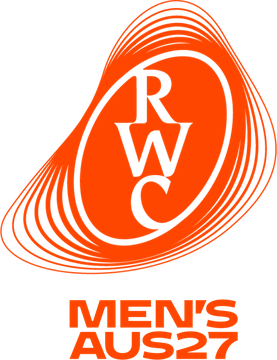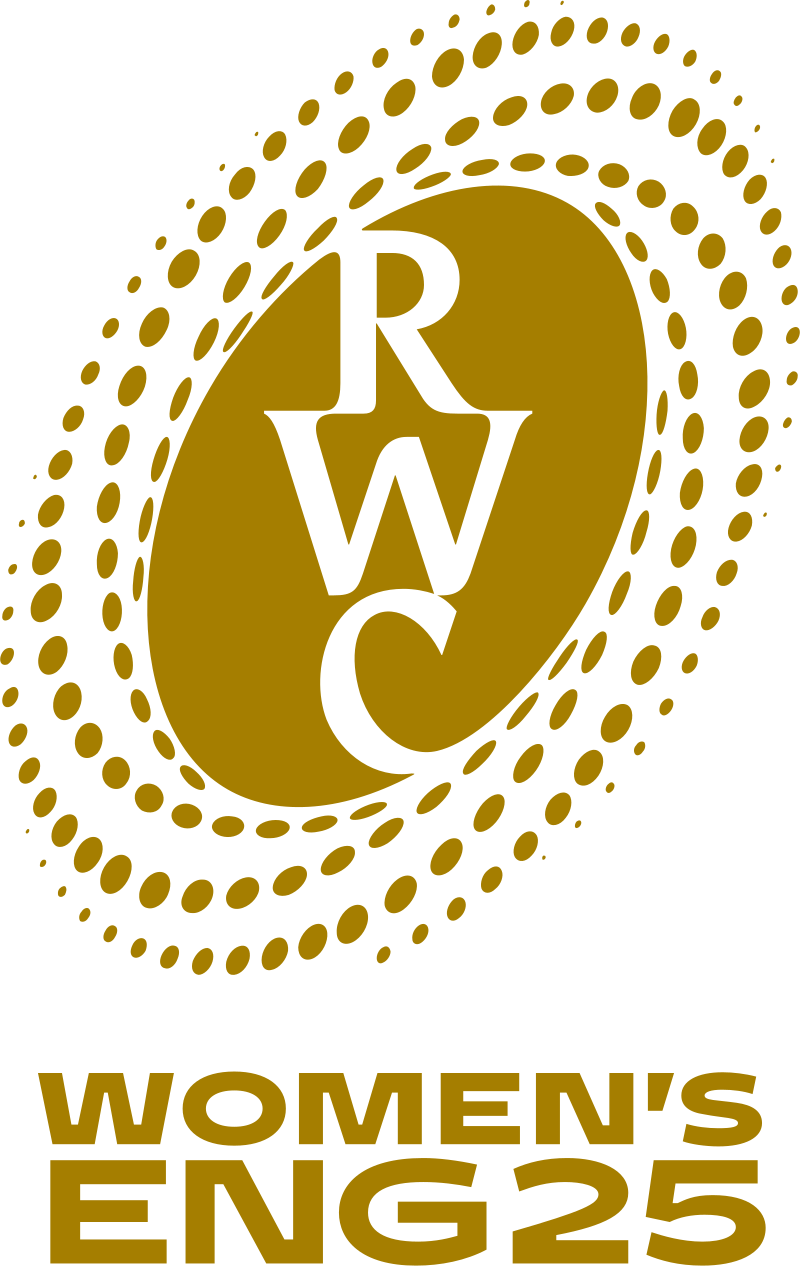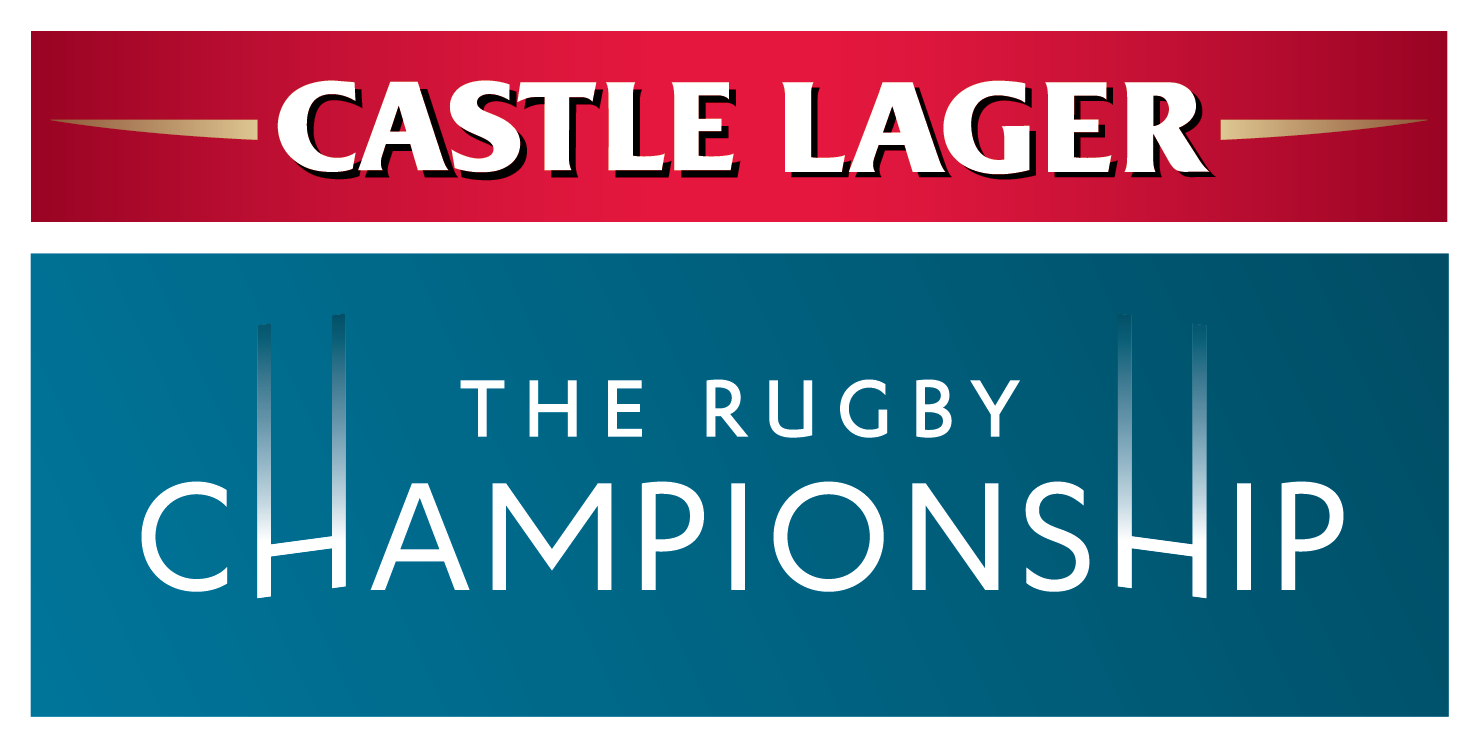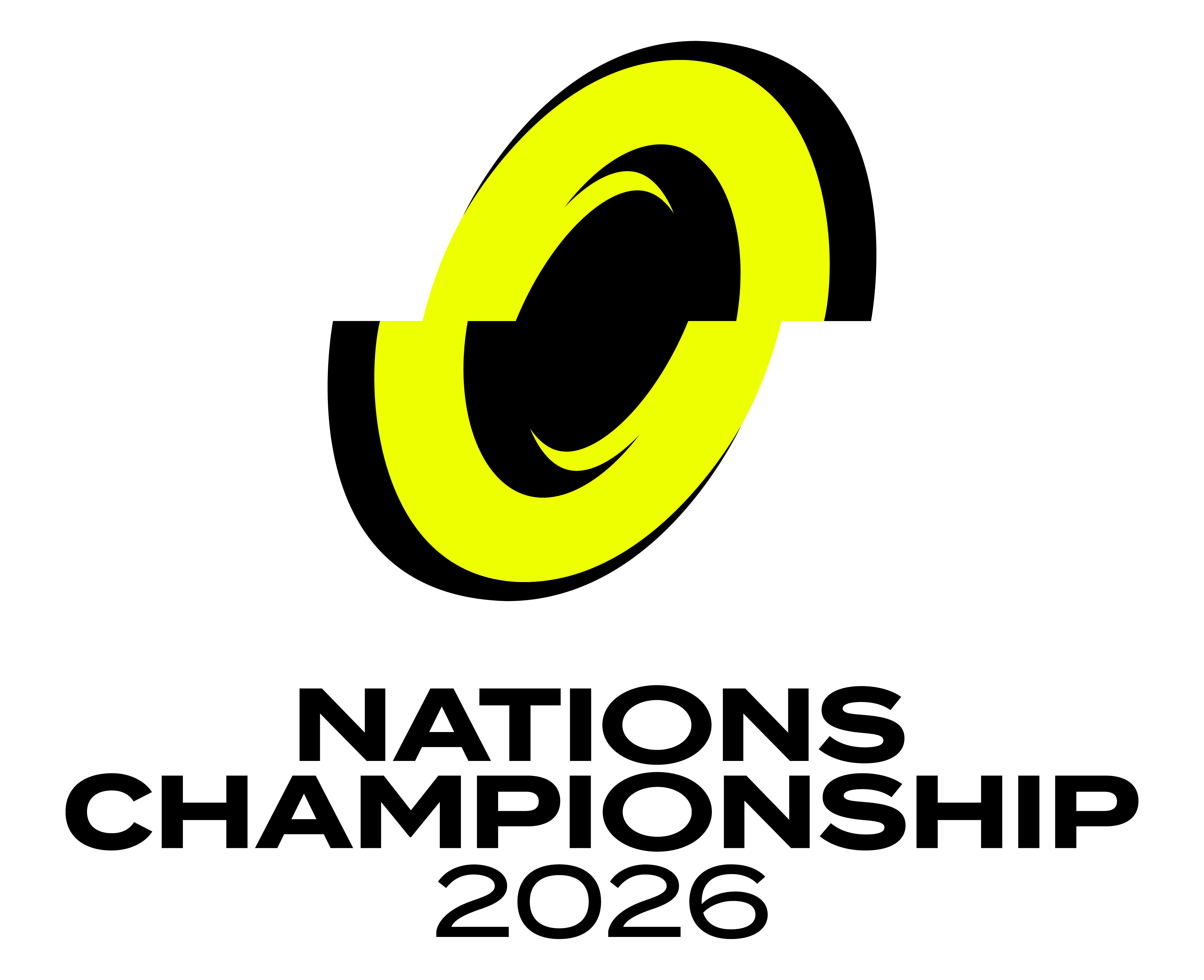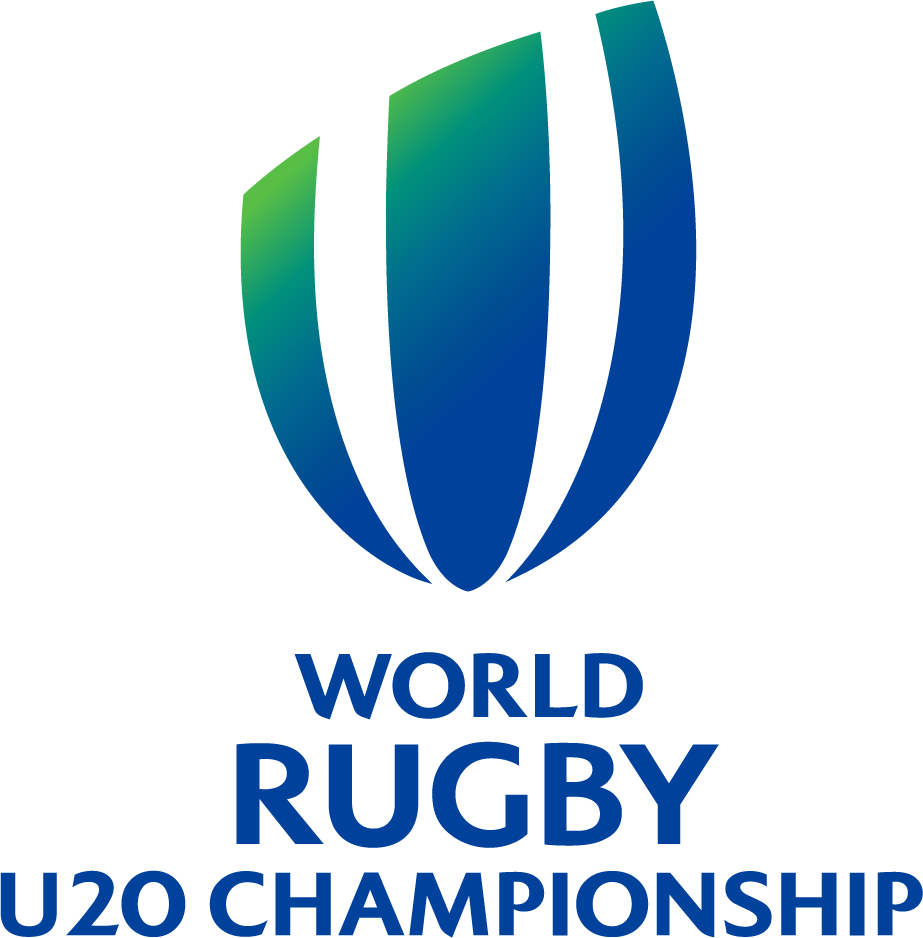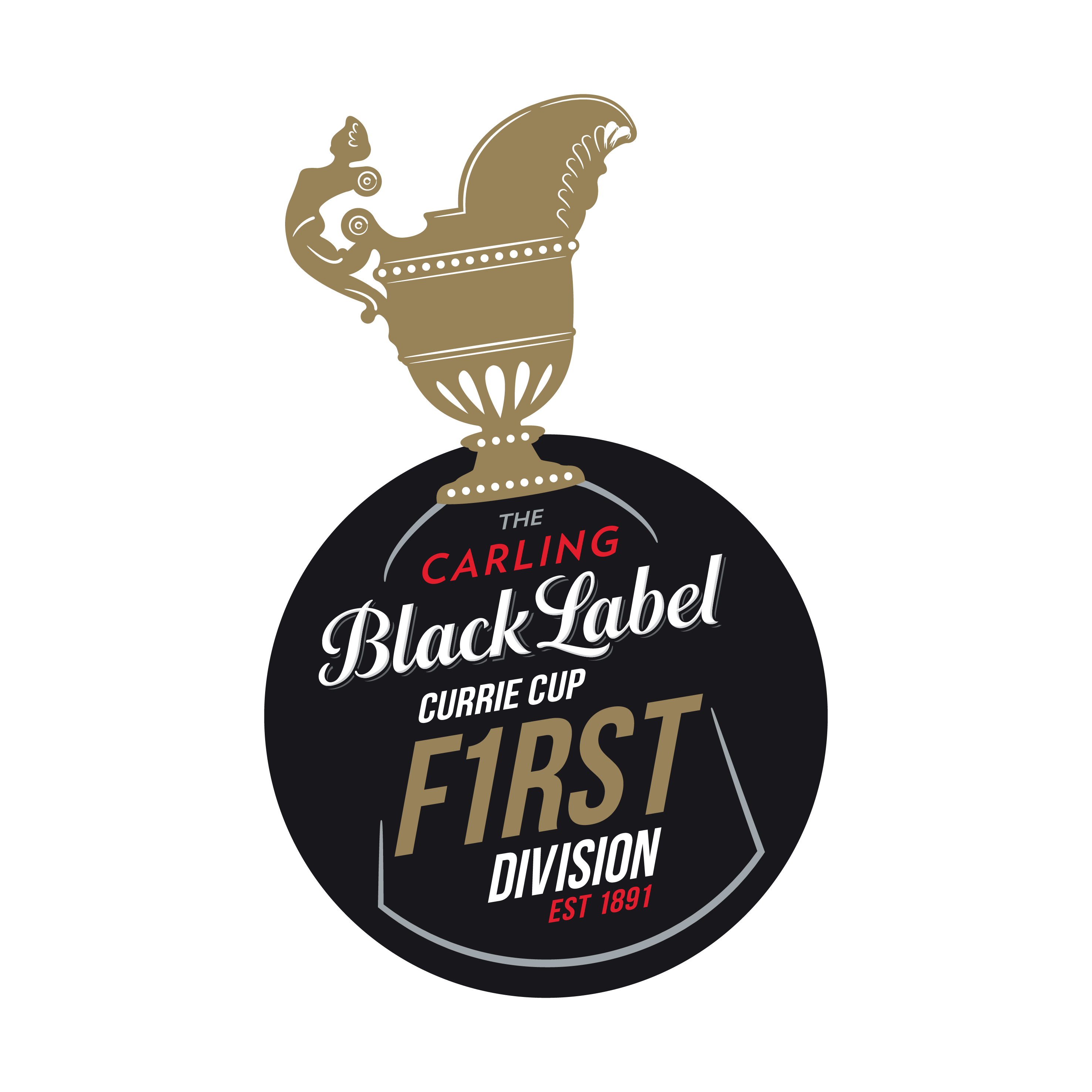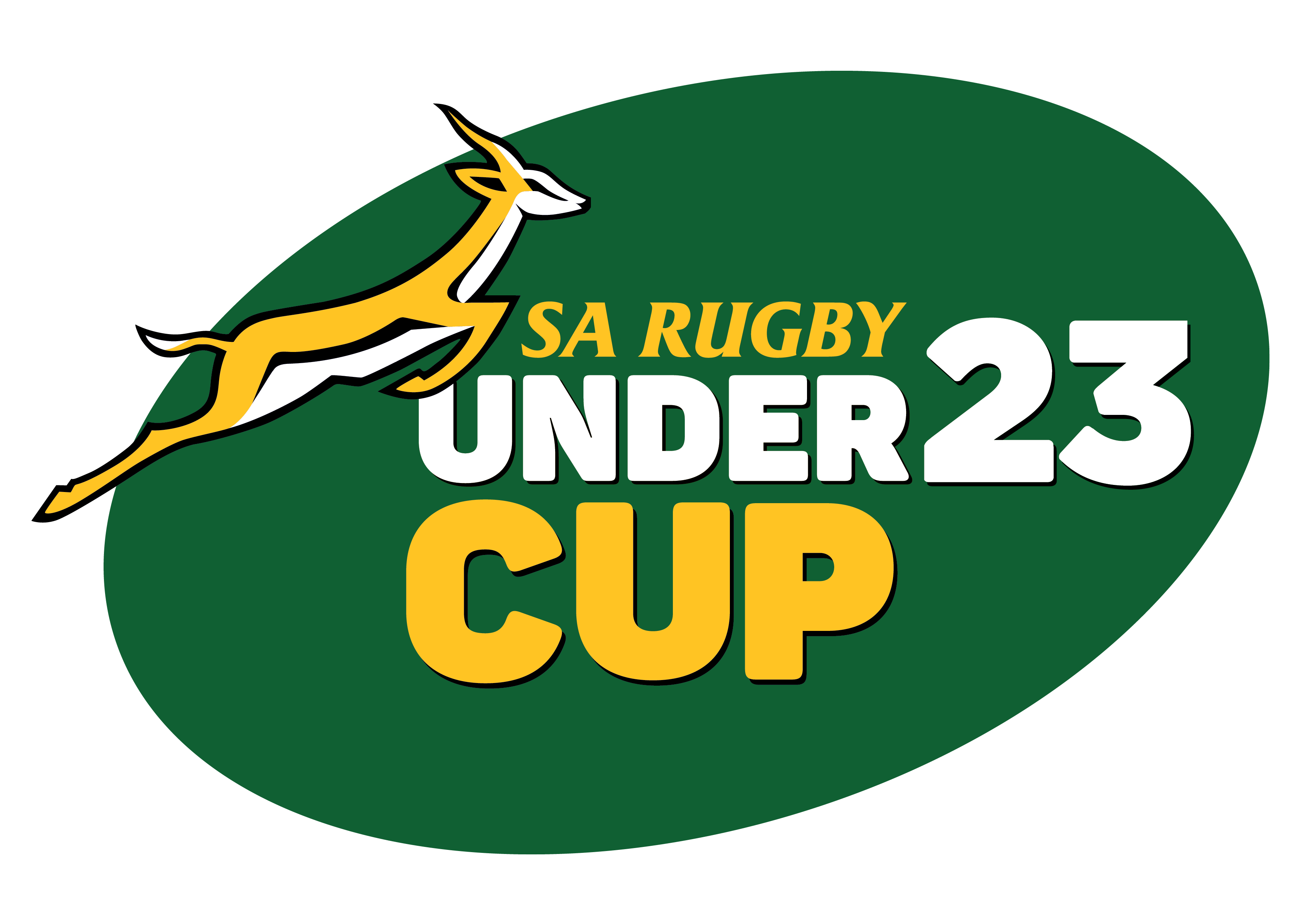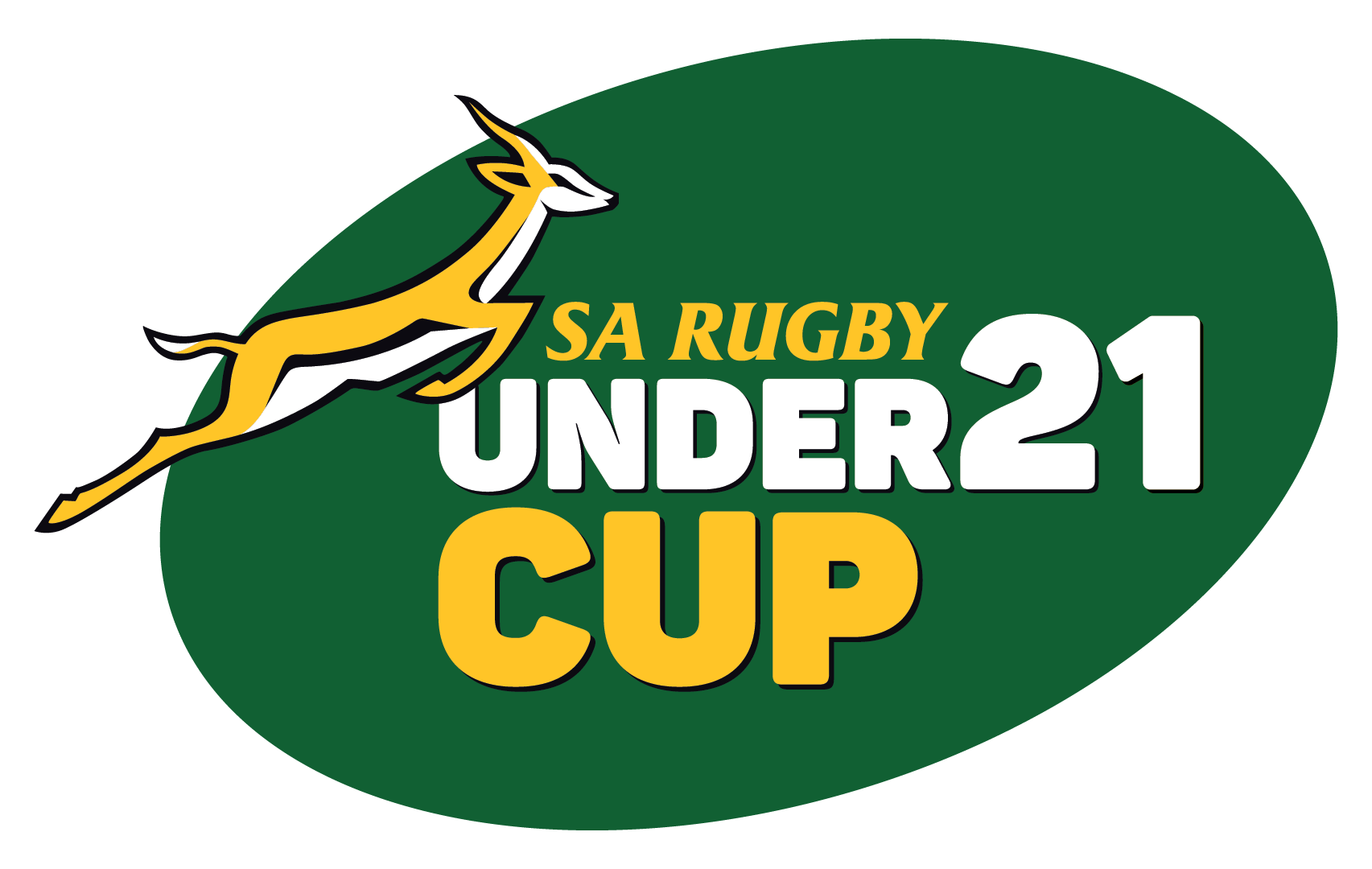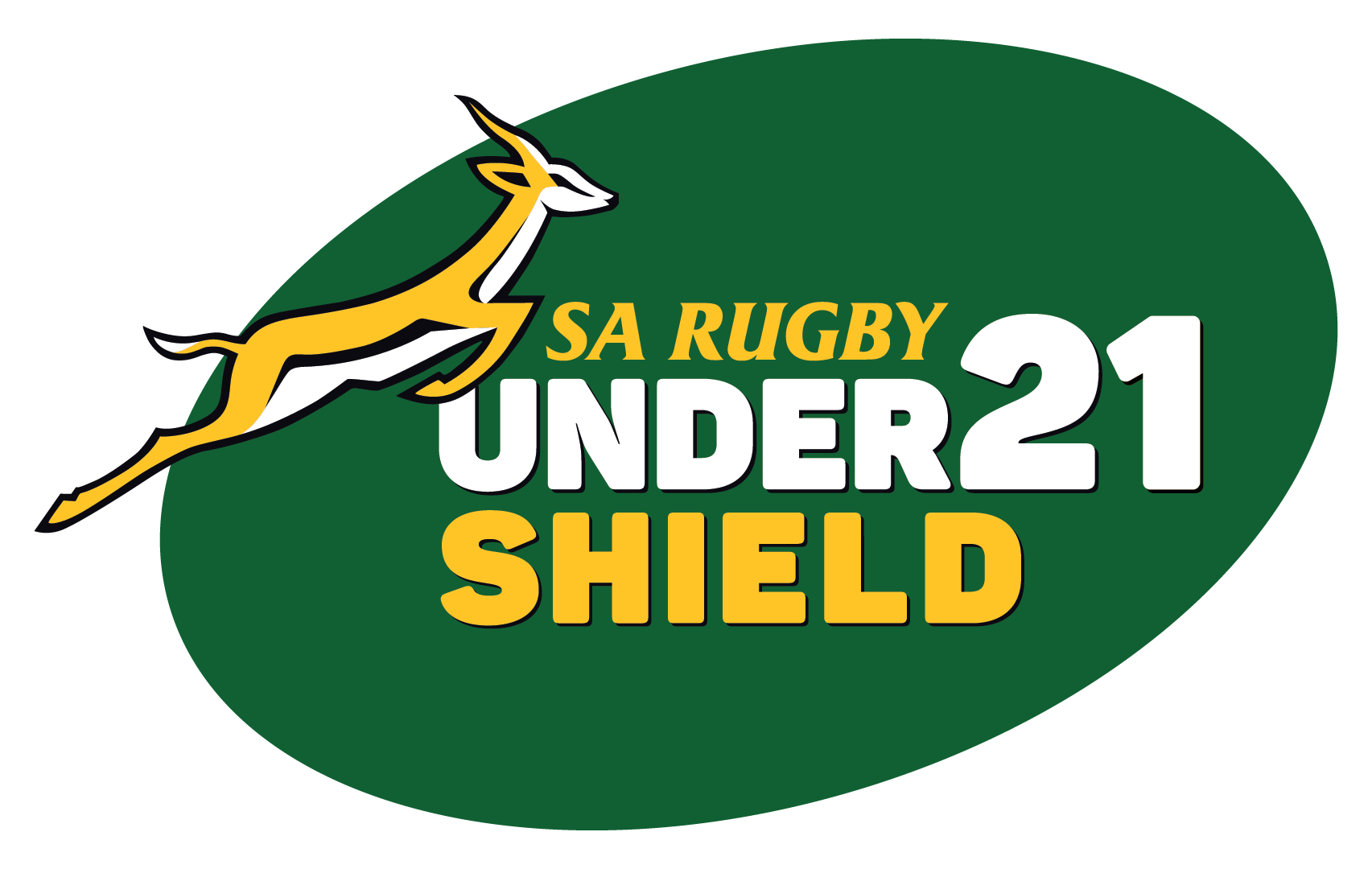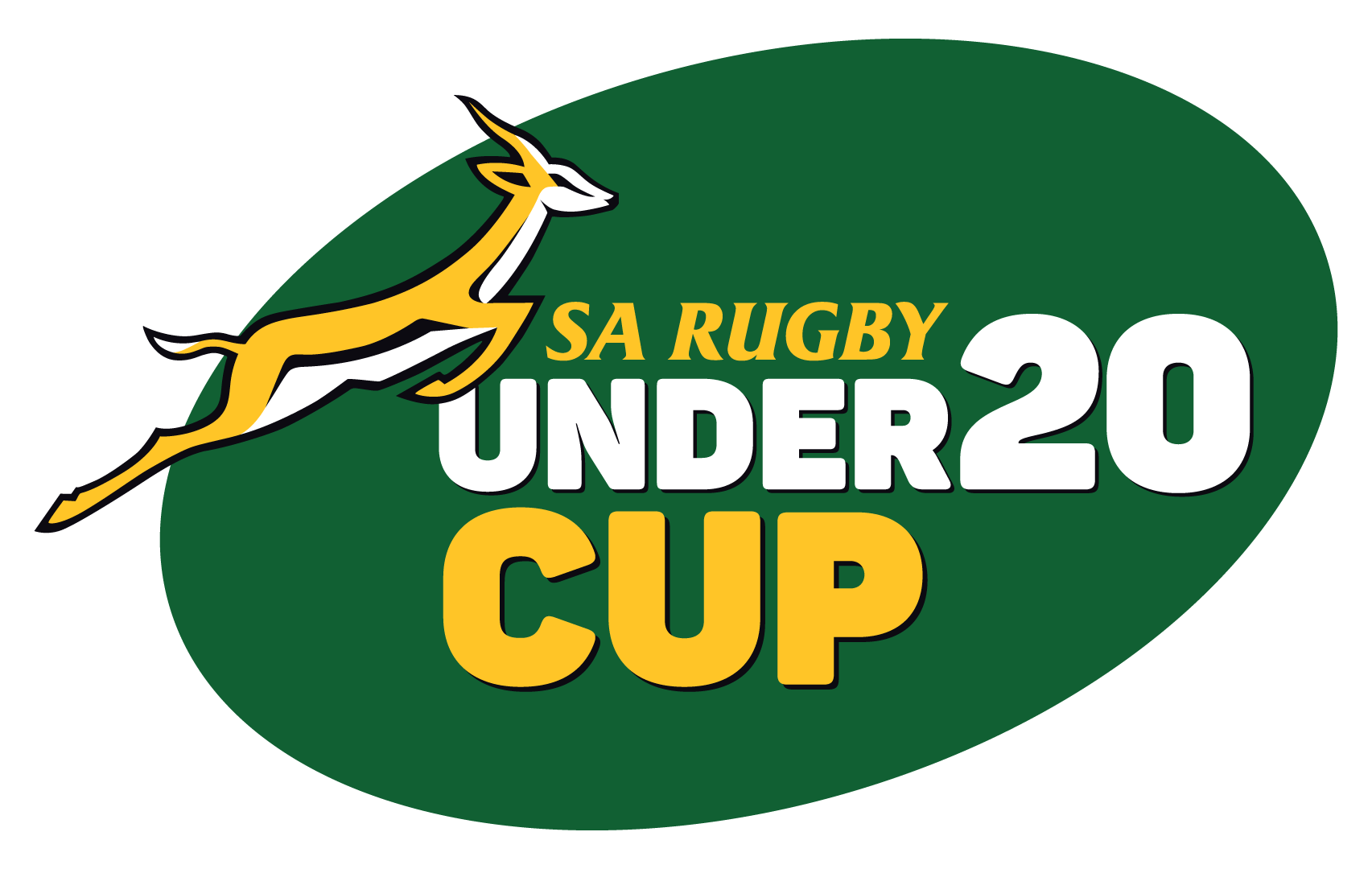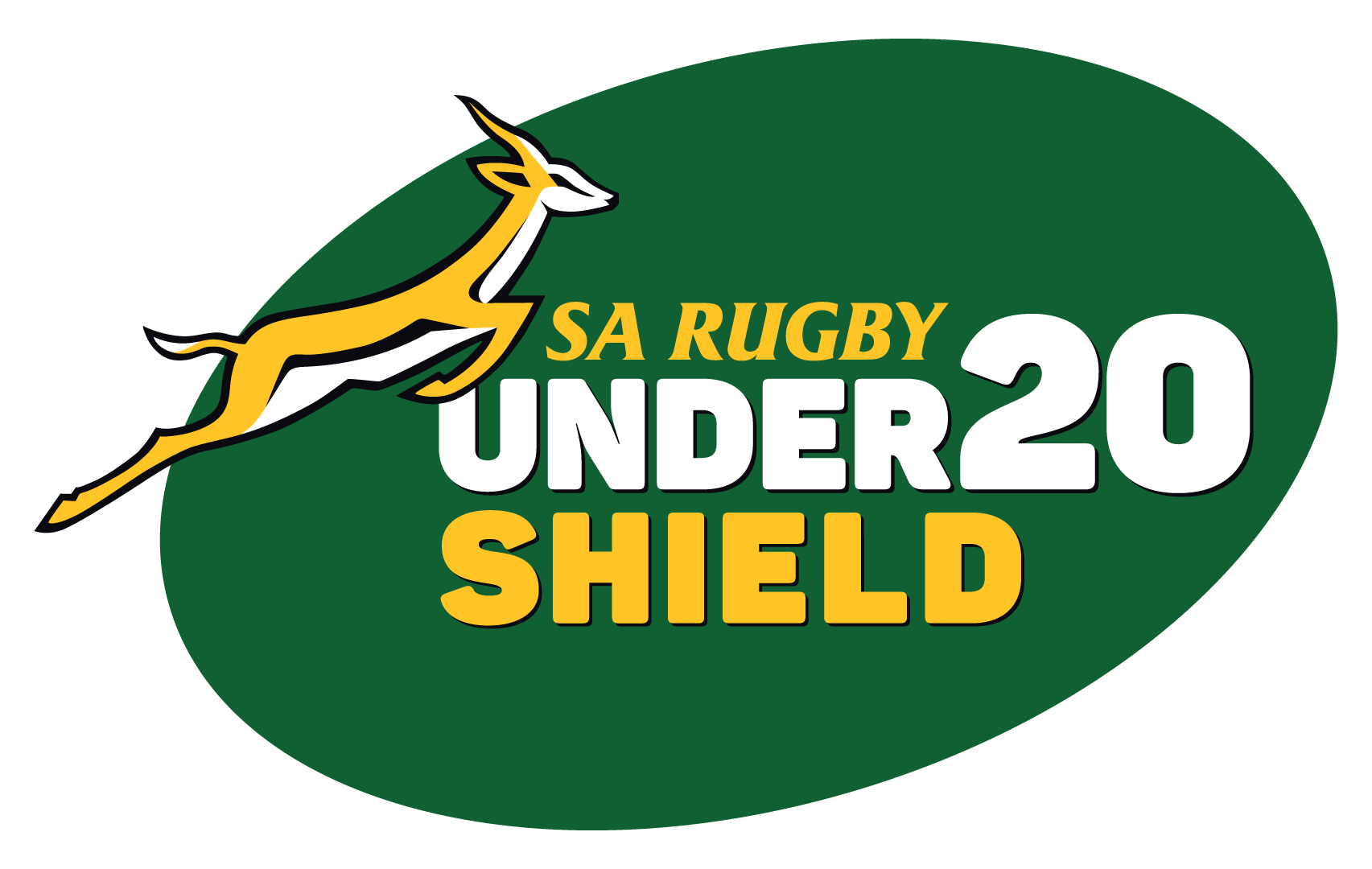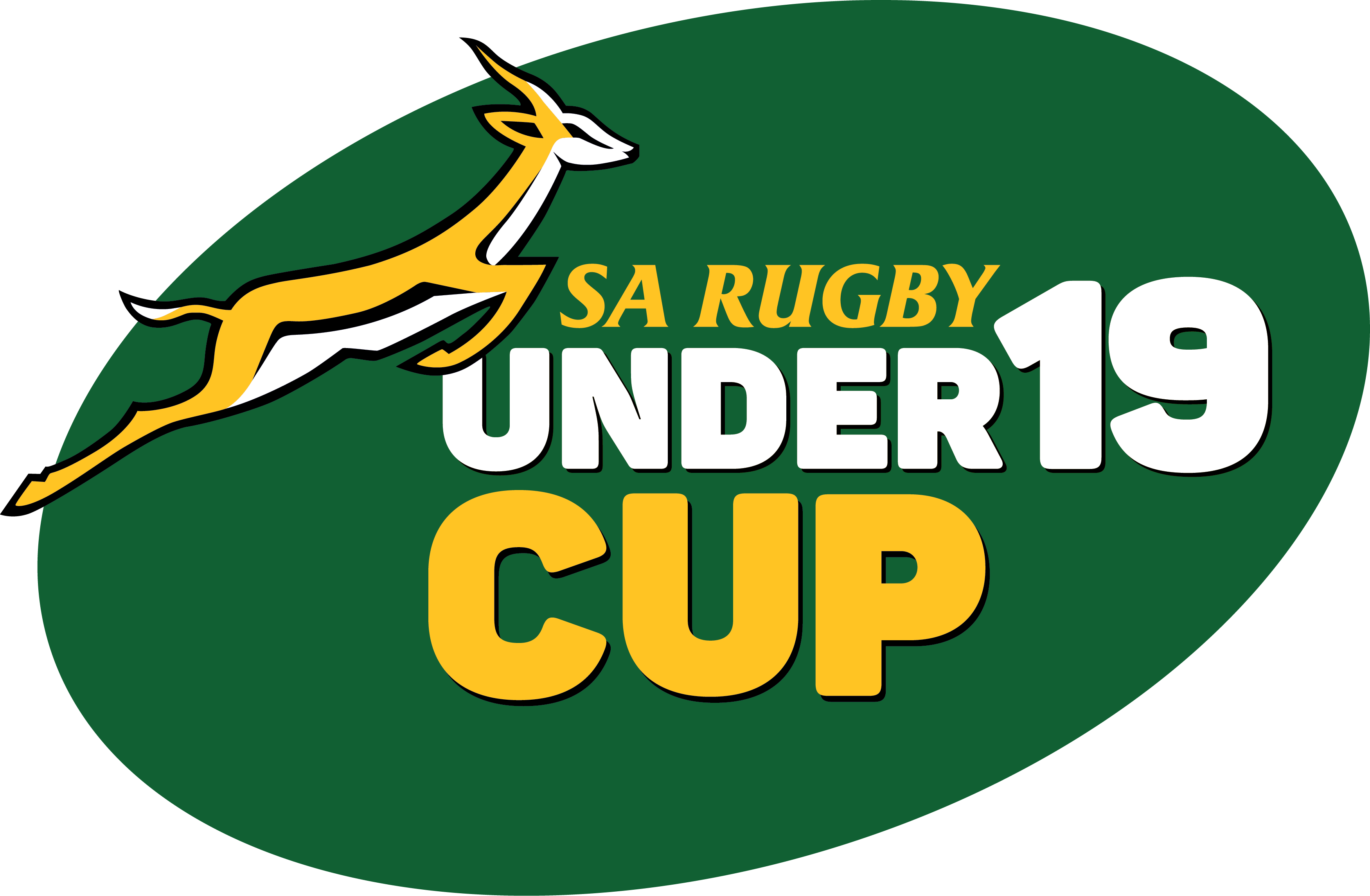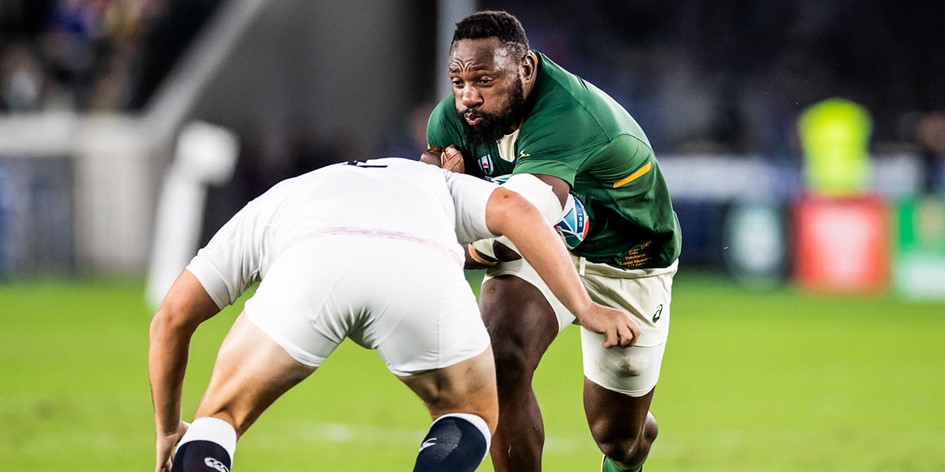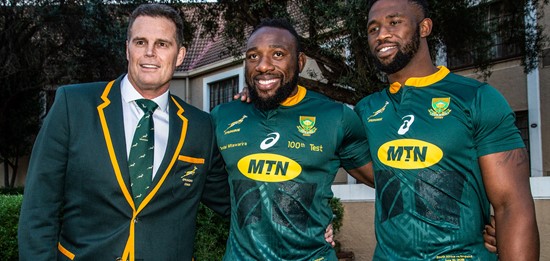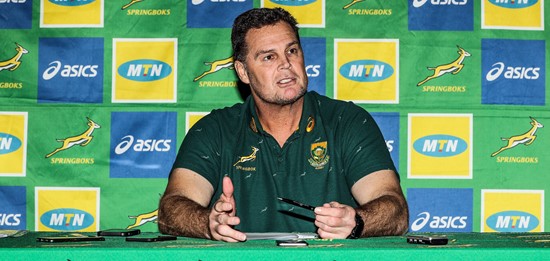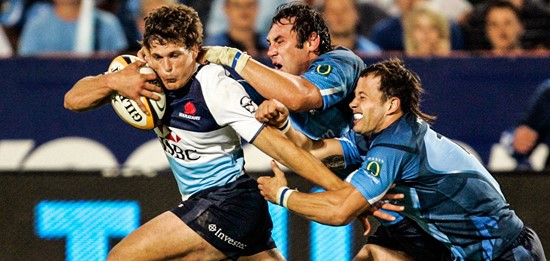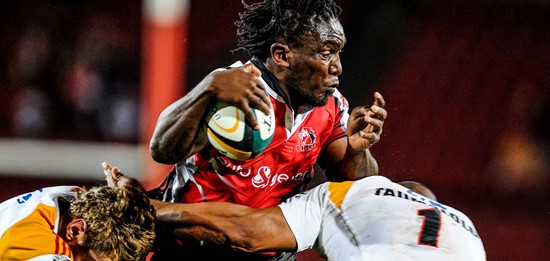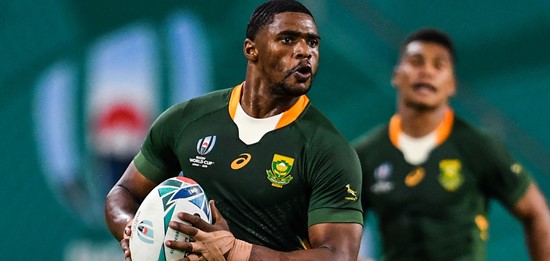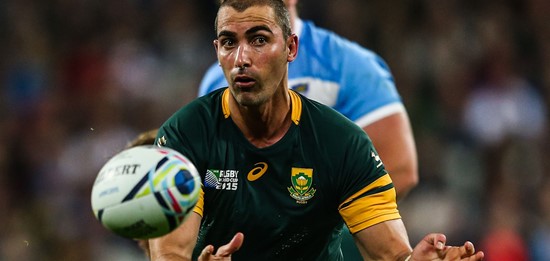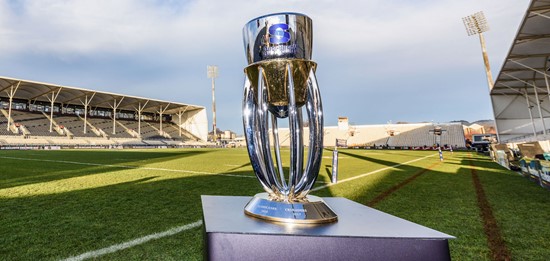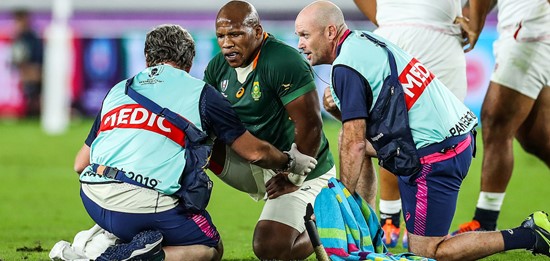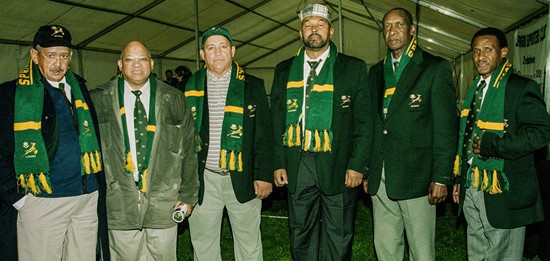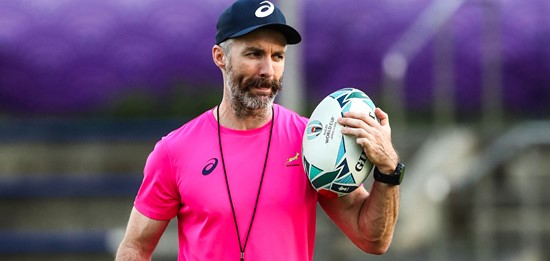And it was against the British & Irish Lions, in the first Test of that epic 2009 series, where "Beast" first made his mark in a career-defining performance.
Registration for interest in tickets for the 2021 British & Irish Lions Tour to SA is still open at www.lionstour2021.co.za. Check out the tour scheduled and more by clicking here.
Phil Vickery – a 2003 World Cup winner, two-time British & Irish Lion with five Test caps and one of the best tightheads of his generation – came up against Mtawarira in Durban. And in one half of rugby, "Beast" formed a character that would become his imprint and his legacy.
In the first half, referee Bryce Lawrence awarded the Springbok prop three penalties, two of which were converted into points. Reflecting weeks later, Lawrence later admitted he may have unfairly penalised Vickery and the Lions pack – which struggled to get to grips at scrum-time in that first half – but take nothing away from Mtawarira. It was the way he did it, with shocking power, intimidating intensity and a wide smile, that captured the imagination.
Mtawarira’s emergence as a global star is one of the defining features of a series for the ages and 2009 really did have it all: new stars, old favourites, bone-juddering tackles, dare-devil tries, passionate fans and beautiful weather in one of the world’s great sporting nations.
Paul O’Connell, the Lions captain, led a mission to emulate the heroes of 1997 – and he had the tools at his disposal to do it.
Ireland and Wales had both won Guinness Six Nations Grand Slams within the previous 15 months, while England made it to the 2007 World Cup final. Add in the experience of head coach Sir Ian McGeechan and the Lions had reason to be confident.
But so did the Springboks. Their RWC-winning squad from 20 months before was largely intact, including captain John Smit, ferocious locks Victor Matfield and Bakkies Botha and of course the sport’s star player in Bryan Habana – a man so fast in his prime that a TV company once pitted him in a race against a cheetah.
In the middle of it all was a 23-year-old prop, born in Zimbabwe, just eager to impress.
“I was a youngster in 2009 and just starting off my international career, so to be selected to face the Lions was an honour,” Mtawarira told www.lionsrugby.com.
“I was the right age when the 1997 Tour happened, I was a kid and just watched the whole thing. It was the rugby tour and it inspired me. I was still in Zimbabwe and running around as a school kid but it left its mark on me, that’s for sure. To be a part of it 12 years later was surreal.
“I was in another world in that first match, I don’t even know what I was thinking. They did not know what hit them in that first scrum! And then in the second, I was even better. That day changed my life.”
To understand Mtawarira’s performance is to understand his journey. Born to Felix and Bertha in Harare, Zimbabwe – weighing a hefty 11 pounds at birth – Mtawarira admits life was “pretty simple.”
He was at Churchill School where he was first spotted playing rugby, and subsequently given a full scholarship to Peterhouse Boys’ School. His size stuck out even then and he was aged nine when he accrued the nickname that would be chanted out by thousands of fans all round the world – "Beast".
As a boy, he played football – his large frame meant he was often used in goal – and at high school he fell in love with rugby. But to make it, he had to leave home.
“The political climate took a turn in my teens under Robert Mugabe and then the country just went from being a great one to a poor one,” he said.
“Everything was so tough and I had to get out of there. I had to try and find a place where I could pursue a professional career and South Africa was the closest! I am a very fortunate man that I got the opportunity to come here.
“I came on my own and it was literally a do-or-die mission. It was a bold decision to make as a young man but I was so determined and I knew what I wanted in life.
“So I went out and worked harder and dug deeper than everyone else. When we used to play schools in South Africa, the Cell C Sharks saw me and started to scout me so they gave me a bursary to study and play rugby. It was my dream.”
Just four years after saying goodbye to his parents and brother and sister, Mtawarira forced his way into the Springbok team as one of the replacements for the legendary Os du Randt, who retired after winning his second World Cup in 2007.
He made his debut against Wales in June 2008 and became a starter later that summer in the Castle Lager Rugby Championship (then still called the Tri-Nations), in which South Africa won two of six matches and finished third while New Zealand lifted the title.
Mtawarira had impressed but he was still a young pup when the Lions came around in 2009 and had plenty to prove.
He was a boy when he watched the 1997 series on TV and, as a kid in Zimbabwe, he marvelled at its magnitude. Twelve years on, he was part of it.
“It was incredible to walk out there for the first Test, and in my adopted home town too. I remember running out and seeing this sea of red, and then you turn around and there are so many Springbok supporters mixed in too,” he said.
“It was packed and the noise was incredible. It was like a different world and it was quite overwhelming, it was not easy to take everything in. The national anthem was insane and I was pretty choked up!
“I was so charged for it too. I was seeing red and ready to go. I was singing so passionately and holding Bismarck [Du Plessis] as tight as I could.
“It’s these moments where you think about your own path. I was a kid from Zimbabwe on this big stage and I had to pinch myself. I never took it for granted, I had a long, tough road to get there and that’s why I was so inspired to go out and give it everything I had.”
Vickery can attest to just how much Mtawariria did have. His performance against the Lions scrum in the first half helped the hosts to a 26-7 lead before Tom Croft’s second try and a late Mike Phillips effort helped the Lions claw it back to 26-21 by the final whistle.
“People always talk about that match, it’s crazy,” he added.
“People always want to know what was going through my mind. It was not a nice day for Phil and I felt for him. But he had won a World Cup and I was a young kid on a mission. We shook hands at the end of the game and it was pure respect.”
Vickery next played in the third Test and gave an outstanding display while Adam Jones was the tighthead for the second Test in Pretoria. He contained Mtawarira, epitomising an increased stubbornness from McGeechan’s men.
Rob Kearney’s early try and Stephen Jones’ trusty right boot built an imposing Lions lead, only for Habana and Jaque Fourie to cross for late tries that turned the tide.
The Springboks led until Jones’ 78th-minute penalty – his fifth of the match – levelled the scores. But South Africa, in the 81st minute, won a penalty of their own and Morne Steyn stroked it through the posts from 55 metres to end one of the greatest Test matches in history.
“The second Test was mad, it was brutal. I got an accidental high shot from Simon Shaw to my neck mid-way through and he hit me so hard I had whiplash for a couple of minutes there!” Mtawarira laughs.
“The Lions came out firing and needed to win stay alive, and they hit hard – look at Brian O’Driscoll on Danie Roussouw! The whole thing was insane.
“To win it with that penalty at the end from Morne felt amazing. The only thing that’s probably better than that moment was winning the World Cup. I was right in front of him when he hit the ball, waiting to see if it hit the post or whatever in case we needed to start playing again. He struck it so beautifully, even if he was ten metres further back he would have got it.”
The Lions and South Africa have a thrilling history and they will add to it again next summer.
However, Mtawarira won’t be part of it after retiring from international duty following the Springboks’ 2019 World Cup win. But he will always have the memories of 2009.
“I remember we went into camp and we did some fun team building stuff,” he added.
“We went to dive with some sharks in Durban, which a lot of the boys were scared about. I remember being one of the first ones who took the dive. It was perfect preparation for what was coming!
“The series changed my life. After that, everyone knew who I was and I had a lot of attention and the series just got better. I will never forget it.”







